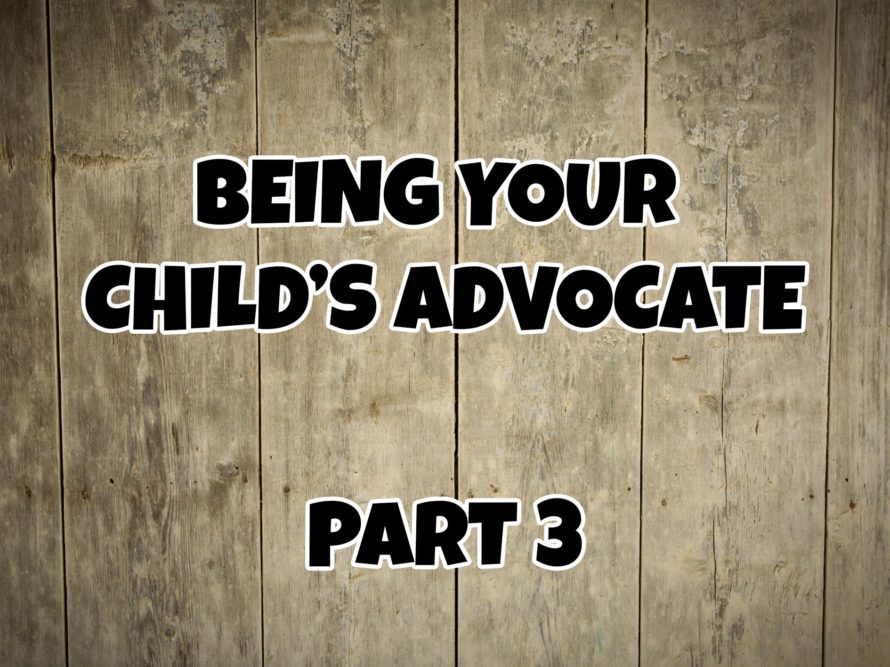In the last blog post, I talked about building a positive working relationship between home and school [https://www.campkodiak.com/being-your-childs-advocate-2/]. Today I’m going to talk about the parent taking the lead in the advocacy dance.
You know your child better than anyone. You have the full picture of what has worked and hasn’t worked over their entire school career, and you know how your child has felt about different school experiences. Ideally, your child’s teacher will have connected with last year’s teacher and be able to use them as a reference for creating the best possible learning environment for your child. We know that doesn’t (and can’t) always happen, though. Children or teachers change schools, people retire or move away, and sometimes there are no hints or tricks passed on from teacher to teacher.
But you know them.
Don’t worry about stepping on the teacher’s toes by leading this dance. You’re the expert, and don’t be afraid to present yourself as such. I’ve met families who had whole binders to distribute to each year’s teacher. The binder included notes from therapists, reports and evaluations, current interests, possible reinforcers, and background information about the child and their family. What a great resource!
If your child has experienced a lot of difficulty in school in the past, you probably don’t want to wait and see while the teacher uses trial and (too many) errors to figure out the best way forward. Does your child need to sit at the front or near the door? Do they need glasses or noise-cancelling headphones? Can the teacher hook them by talking about history or science or trucks? Do they do best with firm guidance and strict discipline, or is a gentler touch more effective?
Sharing these insights is especially important if your child has a diagnosis that is likely outside of the teacher’s experience and expertise. Your knowledge, gained from years of appointments and research, is going to be more valuable than a quick Google search. And if it’s appropriate, you can even offer to come and do a presentation or bring in an outside expert to talk to the school about the diagnosis and its implications (although that might not be possible, depending on the policies of the school).
Ideally, if you’ve nurtured your relationship with the teacher, and you’ve both brought knowledge and expertise to the table, you can navigate smoothly through the year and continue to build on your child’s successes.

